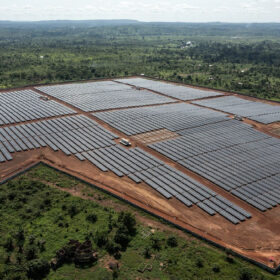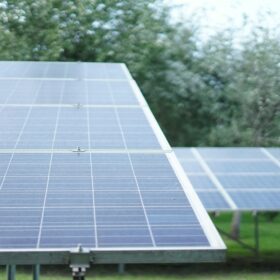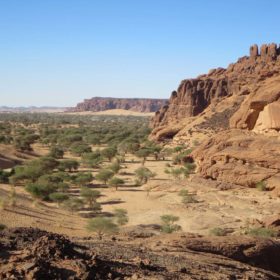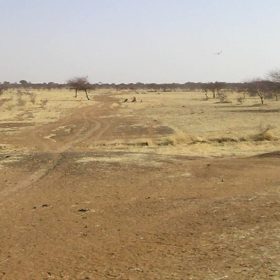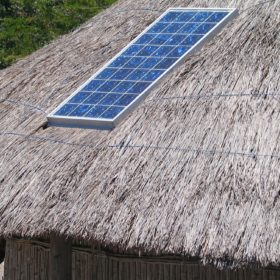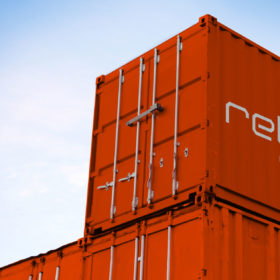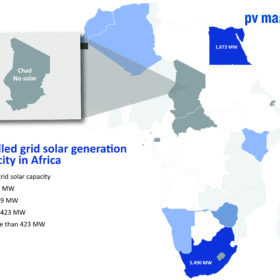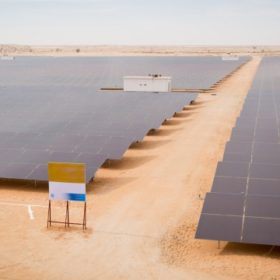Convalt Energy commits to community solar plants in Chad
US-based Convalt Energy has signed a memorandum of understanding with Chad’s Ministry of Water and Energy for three community solar plants totaling 3 MW, along with 1.5 MWh of battery storage.
African solar looks beyond donor nations for investment
Multilateral organizations the World Bank and African Development Bank (AfDB) have played a key role in the development of African solar and want to attract more private capital to a continent with at least 40% of the world’s solar irradiation but currently only 1% of its PV generation capacity.
Chad opens tender for solar-diesel hybrid projects with battery storage
The authorities in Chad have launched a tender for solar-diesel hybrid projects with battery storage, featuring a combined 4 MW of solar capacity and 2 MWh of daily storage.
Chad launches tender for engineer to oversee 30 MW PV plant construction
The Republic of Chad has started accepting applications for a consulting engineer to supervise the construction of a 30 MW (AC) ground-mounted solar power plant – with a 60 MWh storage system, 90 kV line and 90/33 kV substation – near the national capital, N’Djamena.
Desert to Power secures $300 million of public money
Private Infrastructure Development Group recently made a non-binding commitment in Brussels to a provide funds for a project that aims to bring 10 GW of solar to Africa’s Sahel region.
Irena gives latest update on stark chances of electricity access for all by 2030
The International Renewable Energy Agency’s latest annual report on the progress towards UN sustainable development goal seven estimates 670 million people will still lack electricity in 2030, and more than 2 billion will be reliant on unhealthy, polluting cooking methods.
Energy company plans 500 MW of solar in Chad
Savannah Energy plans to install up to 300 MW of solar and a battery to power operations at its recently acquired Doba Oil project in Chad. It has also pledged up to 100 MW of solar and the same amount of wind to generate power for the capital, N’Djamena.
Scatec brings containerized solar-plus-storage system to Cameroon
Two projects in the northern region of the African nation are set to bring 36 MW of solar and 20 MW/19 MWh of storage online, with the first facilities due to start generating within days.
Chad’s first solar-plus-storage project secures funding
The development entity driving the first stage of a planned 60 MW solar plant has announced a doubling in the amount of borrowing secured for a project which was supposed to be operational in 2018.
10 GW Desert to Power PV initiative picks up $150 million in funding
The Green Climate Fund has announced it will provide US$150 million in funding to the Desert to Power initiative – a project led by the African Development Bank and spanning several countries that aims to build 10 GW of PV generation capacity in various projects across the Sahel region to the south of the Sahara Desert.

